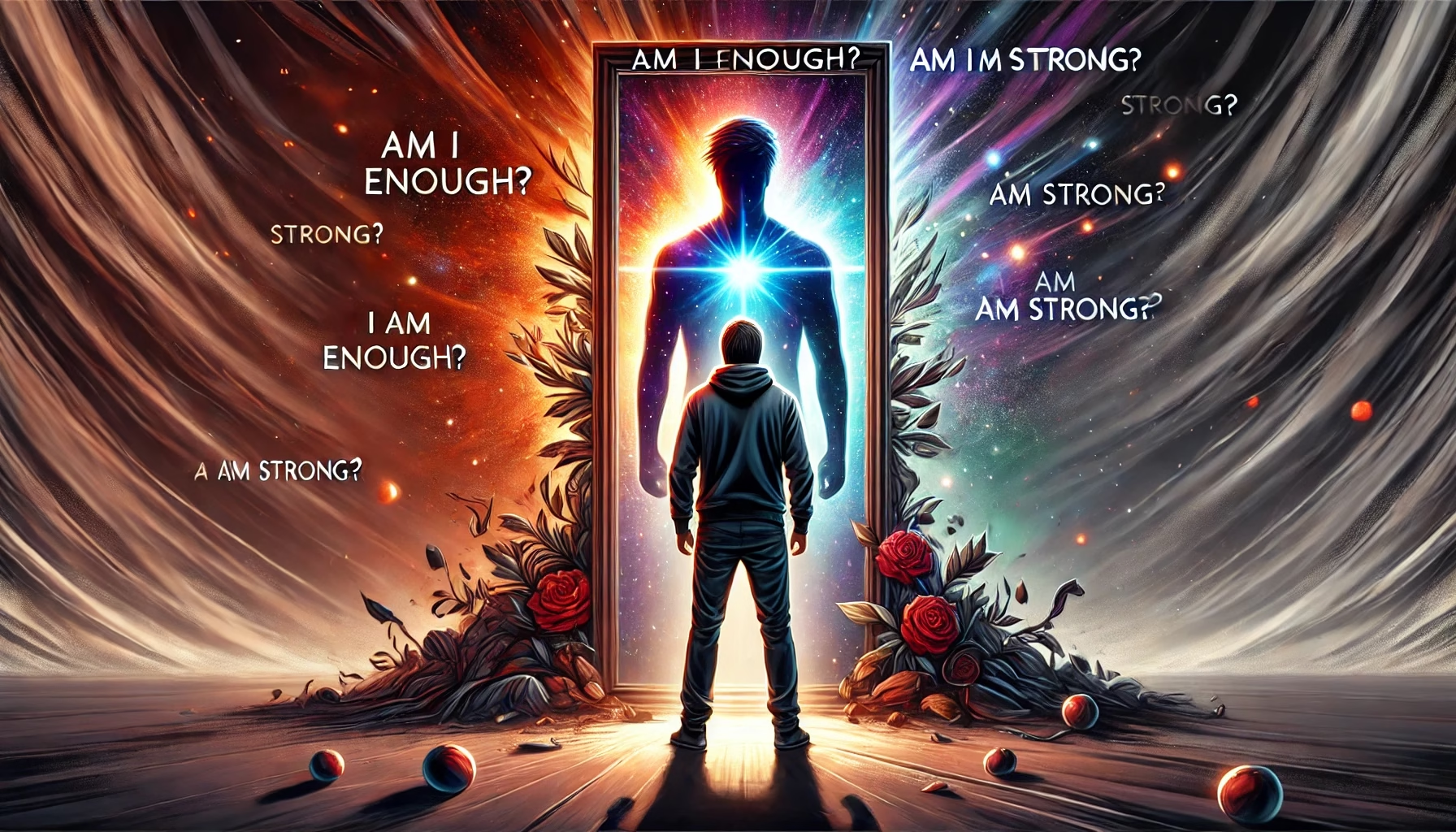There’s something quiet, maybe even invisible, about the world introverts inhabit. It’s a place filled with deep thoughts, endless internal conversations, and a longing for quiet spaces where we can feel like ourselves. Many of us might nod along to the stereotypes – that we’re shy, antisocial, or “too quiet” – but introversion isn’t that simple. It’s not a choice to avoid people, nor is it a lack of interest in life outside our own minds. It’s a different way of moving through the world, of understanding it in a unique, less obvious way. Being an introvert is about the experiences that shape us, both within and without, in ways that are sometimes hard to explain.
Life for an introvert starts in the details – small, seemingly ordinary details that, for some reason, draw us in and make us feel connected. We tend to notice the little things, like the way the morning light falls across a quiet street, or how a favorite song feels like a story that was written just for us. We find comfort in these intimate moments, in spaces that don’t demand anything from us. For introverts, these details speak louder than big crowds or loud conversations. There’s peace in the quiet, even as the rest of the world seems to rush past in a hurry we often don’t quite understand.
When it comes to friendships, introverts know well the intensity of a bond formed over shared silences and deep conversations. Unlike the whirlwind of acquaintances that some people thrive on, we seek a select few – those rare souls we connect with on a meaningful level. Meeting new people doesn’t feel like adding another name to a list; it’s more like opening a door and carefully deciding who might step inside. We tend to stay away from small talk, not because we don’t care, but because we crave something genuine, something that feels worth the energy we invest. Every relationship, whether with friends, family, or partners, is chosen deliberately, carefully. It’s a precious circle, one that feels safe in a world that often feels loud and overwhelming.
Social gatherings are, for many introverts, a complex dance between enjoyment and exhaustion. The energy it takes to engage, to listen, to be fully present can be draining – a type of exhaustion that’s hard to explain to someone who doesn’t feel it. We can be there, laughing and talking, enjoying the company of others, yet part of us is always aware of how much energy we’re using. After a while, we might slip away, not out of rudeness or boredom, but simply to recharge, to find a moment to ourselves in a place that feels like our own. The aftereffect of such gatherings can linger, requiring time to recover. We might replay conversations in our minds, thinking over things we said or moments that felt too quick, too hurried. It’s not that we didn’t enjoy it – we did – but the experience stays with us long after it’s over, and we need time to process, to let it settle.
One of the hardest parts about being an introvert is the way people often misunderstand or misinterpret our quiet nature. To some, we seem aloof or uninterested, maybe even unfriendly. But our quietness isn’t a barrier; it’s just our way of being. There’s depth in silence, a world within that we tend to keep tucked away, not because we don’t want to share it but because sharing it requires a trust and comfort that isn’t easily given. The words that we do share are often carefully chosen. We might not be the loudest in the room, but we pay attention, we listen, and we take things in. When we do speak, it’s usually with thoughtfulness, with an intention that’s personal and true.
Workplaces can sometimes feel like a constant battle for introverts. In environments that value extroversion – where networking and group brainstorming are the norm – our quieter approach can feel out of place. We might prefer to work alone, to think things through in depth, and to reflect before contributing. While collaboration is often essential, the need for personal space can make group settings feel overwhelming. The need to “sell ourselves” or be vocal about our achievements often feels unnatural. For introverts, the real work happens in the quiet moments, where we can think deeply, focus, and create without distractions. And yet, in many professional settings, the value of this quiet strength is overlooked. We know our worth, and we know that we bring a unique perspective, but there’s always a lingering feeling of not quite fitting in, of having to navigate a world built for those who thrive on interaction and visibility.
Romantic relationships for introverts carry their own unique blend of joys and challenges. We might not be ones to express love loudly or with grand gestures, but our feelings run deep. To love as an introvert is to care fiercely, to be present in the smallest moments, to listen without needing to fill the silence. We seek partners who understand that solitude is not a rejection, but a part of who we are. For introverts, time alone is as essential as time together. And when we do share our thoughts, our dreams, and our worries, it’s because we trust that our partner will understand. We often look for a love that feels like a sanctuary – a place where we can be fully ourselves, without the need to explain or justify the quiet spaces we hold dear.
At the end of the day, being an introvert is about finding peace within. It’s about navigating a world that often seems too loud, too fast, and learning to carve out a corner that feels like home. We may not be the first to raise our hands, the ones to seek the spotlight, but we have our own quiet strengths. We see the world in a way that’s reflective, often unhurried, and we cherish the beauty in things that go unnoticed. There’s something powerful in this, a resilience that allows us to be fully present, to appreciate the moments that others might rush past.
There’s a kind of joy in knowing that the world doesn’t always need to be loud to be meaningful. We live in a way that’s quieter, perhaps, but just as full of depth and experience. And while it may take a little longer for the world to understand this, we’ve learned to be okay with that.









